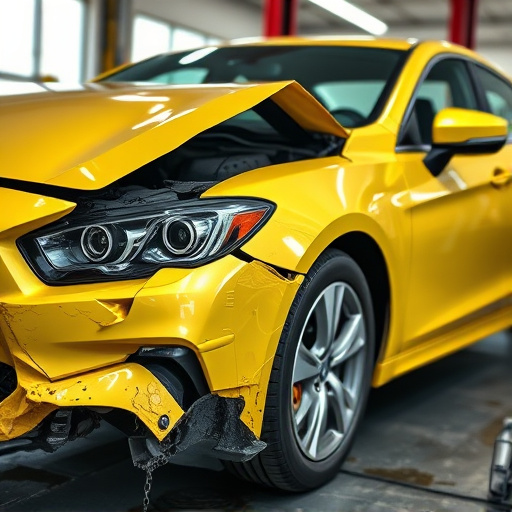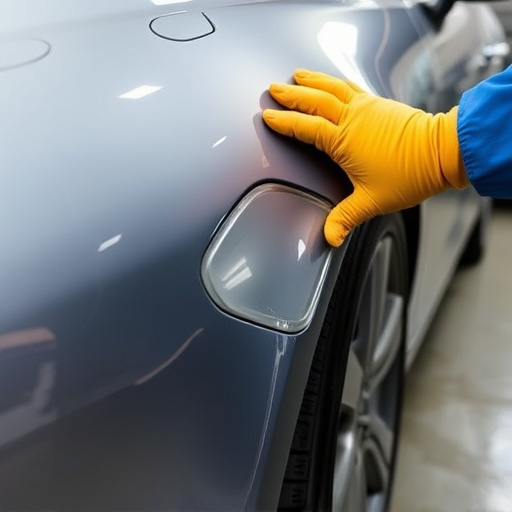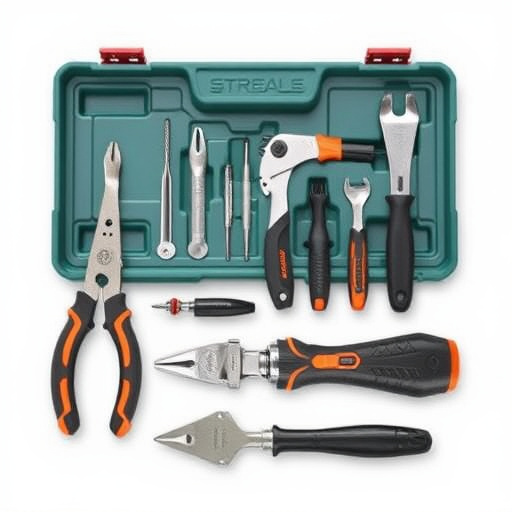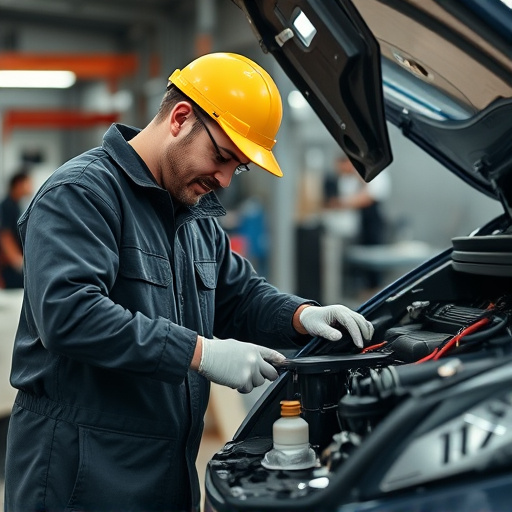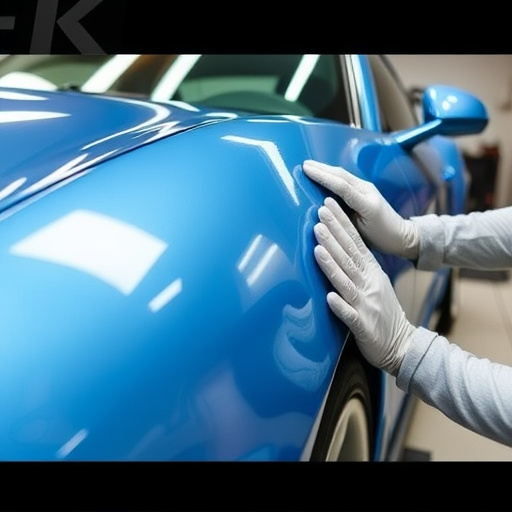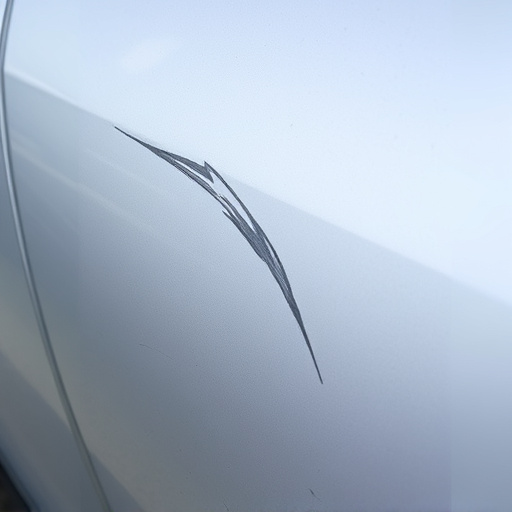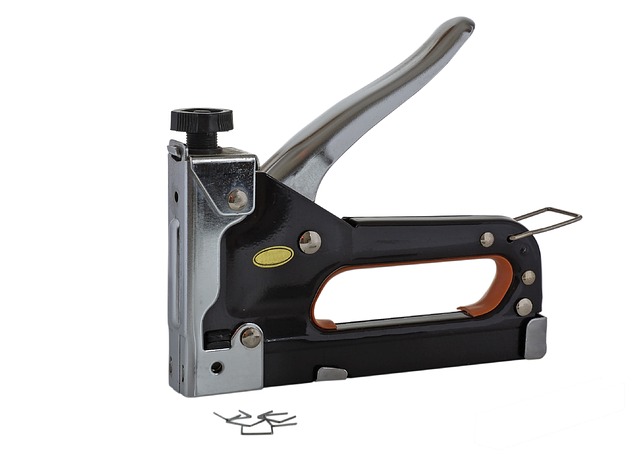Consumers increasingly prioritize sustainable automotive choices, driving the adoption of recycled collision parts. Using parts from vehicles undergoing tire services or car restoration saves money and reduces new manufacturing demands, fostering transparency and environmental stewardship. This trend enhances customer satisfaction, boosts business reputation, and strengthens the bond between businesses and eco-conscious consumers. Quality assurance through advanced inspection methods ensures recycled collision parts perform as effectively as new ones, addressing concerns and promoting a more sustainable tire services model.
Customer reviews play a pivotal role in shaping trust, especially when it comes to purchasing recycled collision parts. As consumers become increasingly conscious of sustainability, these reviews offer valuable insights into the reliability and quality of eco-friendly choices. This article explores how positive feedback fosters trust in recycled collision parts, delving into the impact on customer satisfaction and the stringent verification methods ensuring top-tier products.
- Building Trust Through Sustainable Choices
- The Impact of Recycled Parts on Customer Satisfaction
- Ensuring Quality: Verification Methods for Collision Parts
Building Trust Through Sustainable Choices
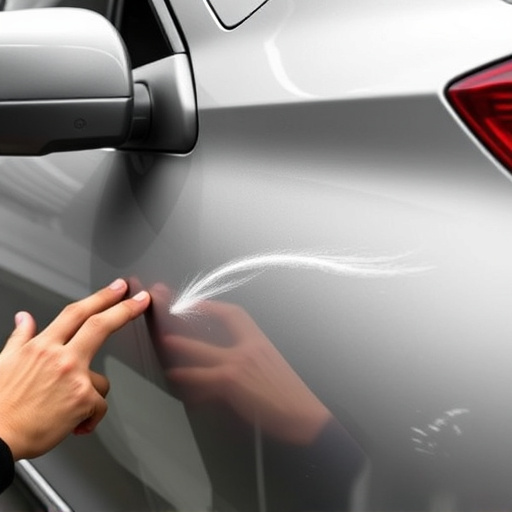
In today’s eco-conscious world, consumers are increasingly making choices that align with sustainable practices. The automotive industry has seen this shift, and one area where it’s gaining traction is in the use of recycled collision parts. When car owners opt for recycled parts, such as those from vehicles undergoing tire services or car restoration, they’re not just saving money; they’re also contributing to a greener future. This conscious decision builds trust, knowing that every part has been meticulously processed and reused, reducing the demand for new manufacturing and its environmental impact.
Moreover, the transparency offered by recycling programs empowers customers to take an active role in environmental stewardship. By choosing recycled collision parts for vehicle dent repair or any other service, folks are voting with their dollars for a more sustainable approach. This collective action not only promotes eco-friendly practices but also ensures that the automotive industry keeps pace with modern values, fostering trust between businesses and their environmentally aware customers.
The Impact of Recycled Parts on Customer Satisfaction
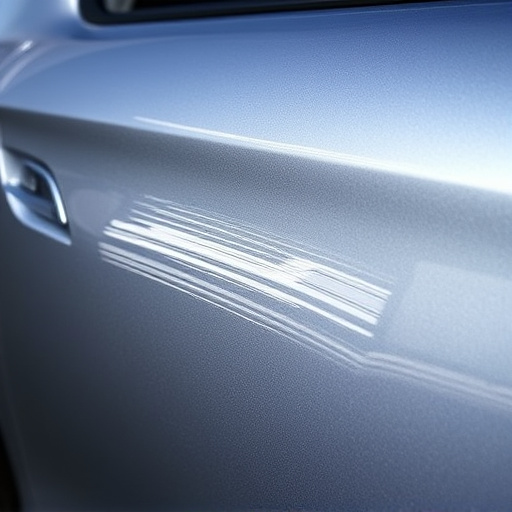
Using recycled collision parts in car repair shops can significantly enhance customer satisfaction. When customers choose a car body repair service that incorporates eco-friendly materials, they not only contribute to environmental conservation but also gain peace of mind knowing their vehicle is being restored with sustainable solutions. This trust extends beyond ecological concerns; it builds confidence in the quality and durability of the recycled parts used.
Positive experiences with collision repair services that prioritize recycled parts can foster a loyal customer base. Satisfied folks are more likely to recommend these car repair shops to friends and family, increasing the shop’s visibility and reputation. Furthermore, happy customers are less prone to complain about prices or service quality, ensuring a steady stream of business for the shop. Thus, embracing recycled collision parts isn’t just a sustainable practice; it’s a strategic move that boosts both customer loyalty and the overall success of the car repair shop.
Ensuring Quality: Verification Methods for Collision Parts

When it comes to recycled collision parts, ensuring quality is paramount. Consumers who value trust in these components often look for verification methods that guarantee the parts’ integrity and performance. One such method involves rigorous inspection processes conducted by reputable facilities. Here, each part undergoes meticulous examination to confirm its structural soundness, material composition, and adherence to safety standards. This meticulous approach ensures that recycled collision parts function just as effectively as new ones, addressing concerns often associated with used auto parts.
Moreover, the integration of advanced technology in these verification processes plays a pivotal role. Modern testing protocols employ digital imaging, 3D scanning, and material analysis techniques to cross-reference parts against original equipment specifications. This comprehensive evaluation not only includes visible components like car paint repair and bumper repair but also delves into hidden aspects such as internal structural integrity and compatibility with various vehicle models. By employing these state-of-the-art verification methods, the automotive industry can promote the reliable use of recycled collision parts, enhancing customer satisfaction and fostering a more sustainable approach to tire services.
Customer reviews play a pivotal role in building trust in the market, especially when it comes to recycled collision parts. By emphasizing sustainability and quality verification methods, businesses can ensure that their offerings meet high standards while appealing to environmentally conscious consumers. The positive impact on customer satisfaction highlights the growing demand for eco-friendly alternatives in the automotive industry. Trust in recycled collision parts is not just a trend but a necessary shift towards a greener future.
